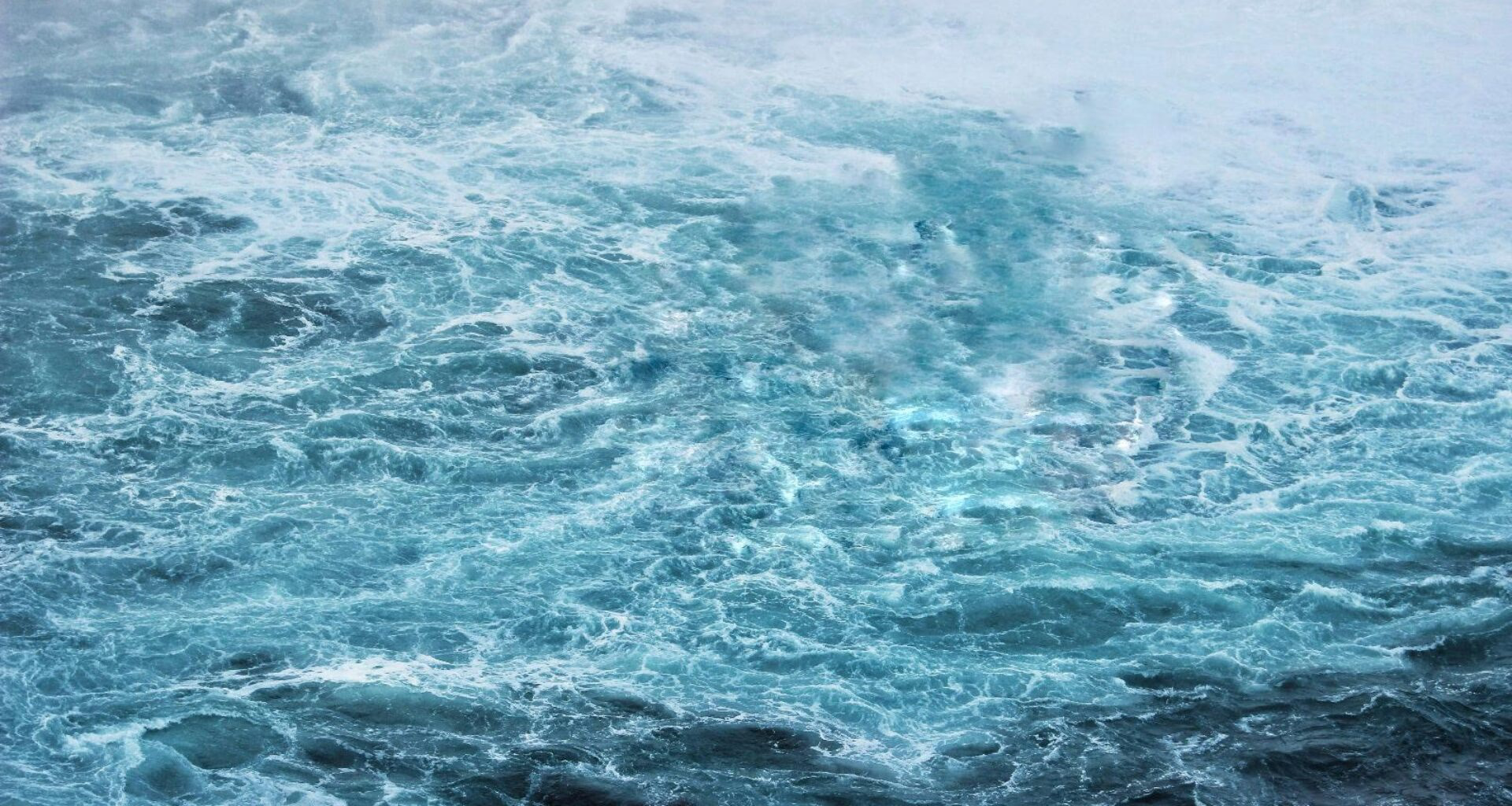
NEWS TICKER
Today's News

Premium
Good Health & Wellbeing

Premium
Good Health & Wellbeing

Reduced Inequality

Reduced Inequality
LATEST NEWS

Good Health & Wellbeing

Good Health & Wellbeing

Good Health & Wellbeing

Good Health & Wellbeing

Premium
Good Health & Wellbeing

Premium
Good Health & Wellbeing

Good Health & Wellbeing

Good Health & Wellbeing
NEVER MISS A THING!
Subscribe and get freshly baked articles. Join the community!
Join the newsletter to receive the latest updates in your inbox.
NEVER MISS A THING!
Subscribe and get freshly baked articles. Join the community!
Join the newsletter to receive the latest updates in your inbox.
NEVER MISS A THING!
Subscribe and get freshly baked articles. Join the community!
Join the newsletter to receive the latest updates in your inbox.
SDG TALKING
TV

TECHNOLOGY
Revolutionizing Connectivity: The Dawn of 6G Technology

TECHNOLOGY
Revolutionizing Connectivity: The Dawn of 6G Technology

TECHNOLOGY
Revolutionizing Connectivity: The Dawn of 6G Technology



Revolutionizing Connectivity: The Dawn of 6G Technology



Revolutionizing Connectivity: The Dawn of 6G Technology
WHAT'S HOT IN
TECHNOLOGY
WHAT'S HOT IN
BUSINESS

Good Health & Wellbeing

Good Health & Wellbeing

Premium
Good Health & Wellbeing
WHAT'S HOT IN
NEWS
Podcast
SDGtalking is a platform and methodology that fosters meaningful conversations, partnerships, and innovations around the United Nations’ 17 Sustainable Development Goals. By bringing together diverse voices from business, academia, civil society, and government, SDGtalking aims to activate collective intelligence and inspire systemic solutions that contribute to a more just, sustainable, and regenerative future.
SDGtalking is a platform and methodology that fosters meaningful conversations, partnerships, and innovations around the United Nations’ 17 Sustainable Development Goals. By bringing together diverse voices from business, academia, civil society, and government, SDGtalking aims to activate collective intelligence and inspire systemic solutions that contribute to a more just, sustainable, and regenerative future.
SDGtalking is a platform and methodology that fosters meaningful conversations, partnerships, and innovations around the United Nations’ 17 Sustainable Development Goals. By bringing together diverse voices from business, academia, civil society, and government, SDGtalking aims to activate collective intelligence and inspire systemic solutions that contribute to a more just, sustainable, and regenerative future.
NEWSPLATE
MENU
NEWSPLATE
MENU
NEWSPLATE
MENU













